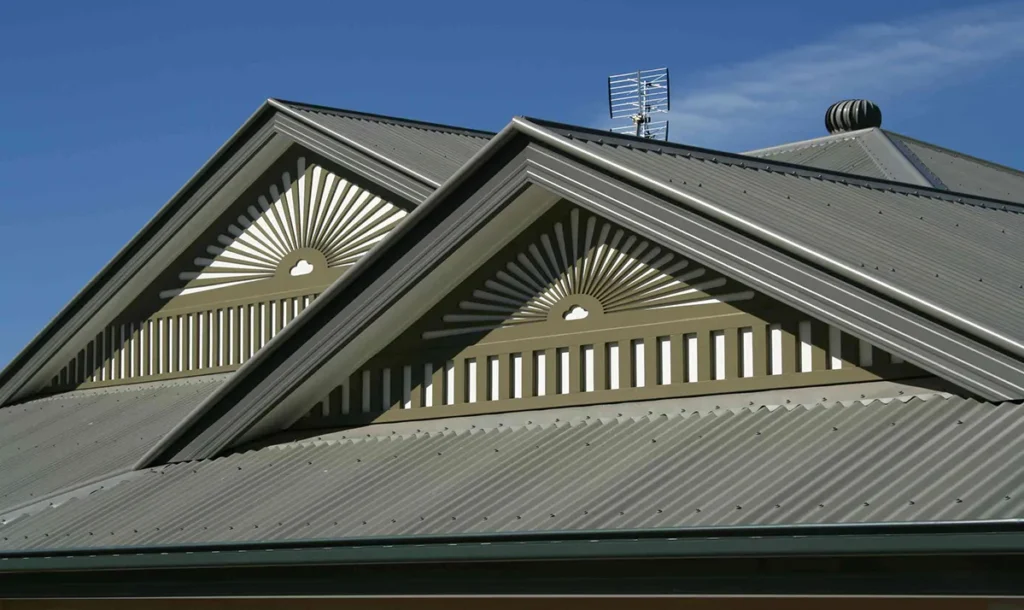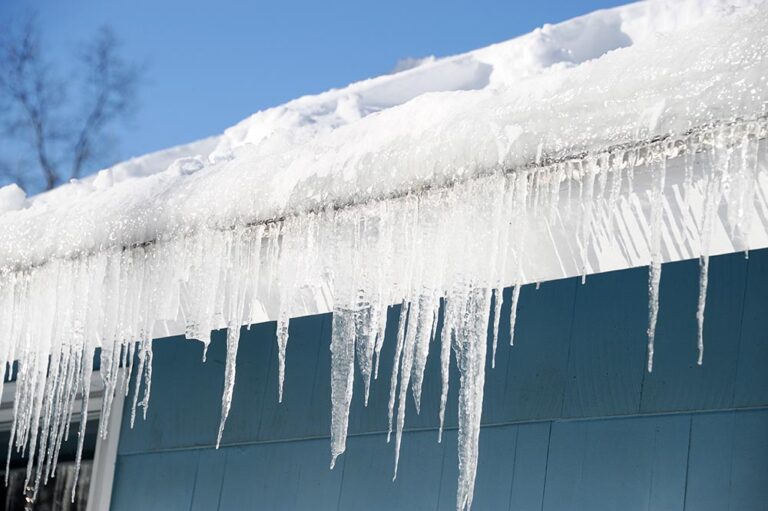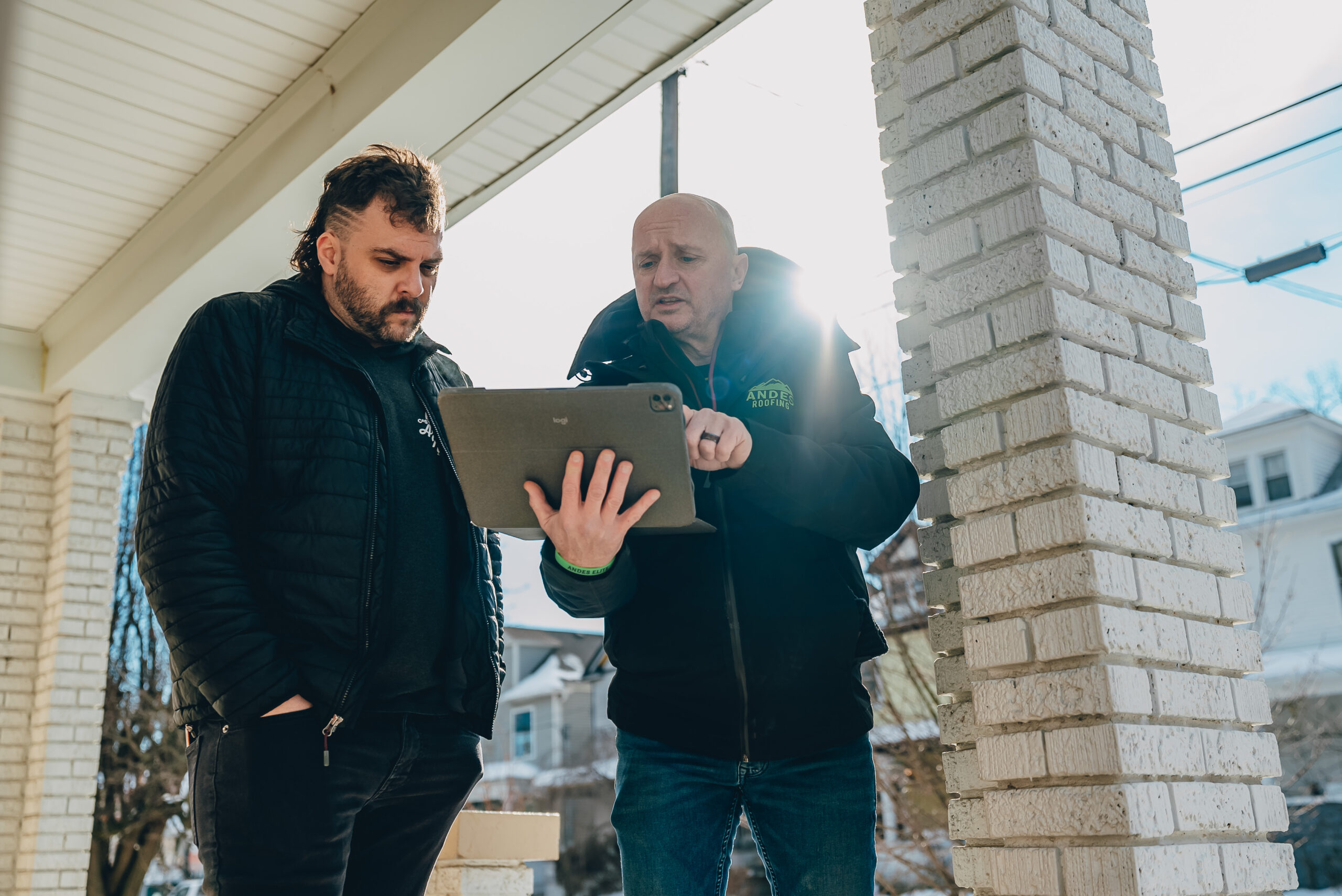Metal roofing has long been a popular choice among homeowners and contractors alike, and it comes with many advantages. However, a question that often arises is whether or not a metal roof should be grounded. In this guide, we at Andes Roofing will answer this crucial question, providing insights tailored to the Louisville, KY region.

Understanding the Importance of Grounding a Metal Roof
Grounding a metal roof is a practice that connects the metal structure to the ground, often through a conductive material such as a copper wire. Below, we explain why this is essential.
Protecting Against Lightning Strikes
Metal roofs are not more likely to be struck by lightning. However, grounding can direct the electric charge safely into the ground, preventing damage to the structure and potential fire hazards. If you are considering roofing in Louisville, KY, this can be a significant concern given the local weather patterns.
Complying with Local Building Codes
Building codes and regulations may vary from one region to another. Proper grounding of the metal roof ensures compliance with local laws. It is essential for both safety and legal reasons, particularly when working with Louisville roofing companies like Andes Roofing.
How to Ground a Metal Roof
Grounding a metal roof is a precise task, and it requires careful planning and execution. Below, we detail a step-by-step guide for grounding a metal roof, aligning with the practices of Louisville roofing contractors.
Step 1: Determine the Grounding System
Selecting the correct grounding system is paramount. Typically, a grounding rod connected to the roof’s structure using grounding clamps and conductive cables serves this purpose.
Step 2: Install the Grounding Rod
The grounding rod should be driven into the ground at a location near the building. It must be deep enough to reach moist soil to provide a proper grounding path.
Step 3: Connect the Grounding Cable
Connecting a thick copper wire from the grounding rod to the metal roof ensures a smooth flow of electricity to the ground.
Step 4: Regular Maintenance
Regular inspection and maintenance of the grounding system are essential to guarantee that the system remains functional and safe over time. Andes Roofing, one of the leading roofing companies in Louisville, KY, strongly emphasizes the importance of this step.
Conclusion: Is Grounding a Metal Roof Necessary?
Grounding a metal roof offers protection, ensures compliance with local building codes, and promotes overall structural integrity. While the process might seem complex, the steps mentioned above streamline the grounding process, making it accessible for homeowners and contractors.
If the building code in your region requires grounding, it is obligatory. Even if it’s not mandatory, grounding is recommended to safeguard your property and family. By understanding the reasons behind grounding and following the proper procedure, grounding your metal roof becomes an achievable task.
Should you need professional assistance, consult with local Louisville roofing experts or contact a reputable Louisville roofing company like Andes Roofing. This comprehensive guide aims to serve as a foundation for making an informed decision about whether or not to ground your metal roof, and how to do it efficiently and effectively.






